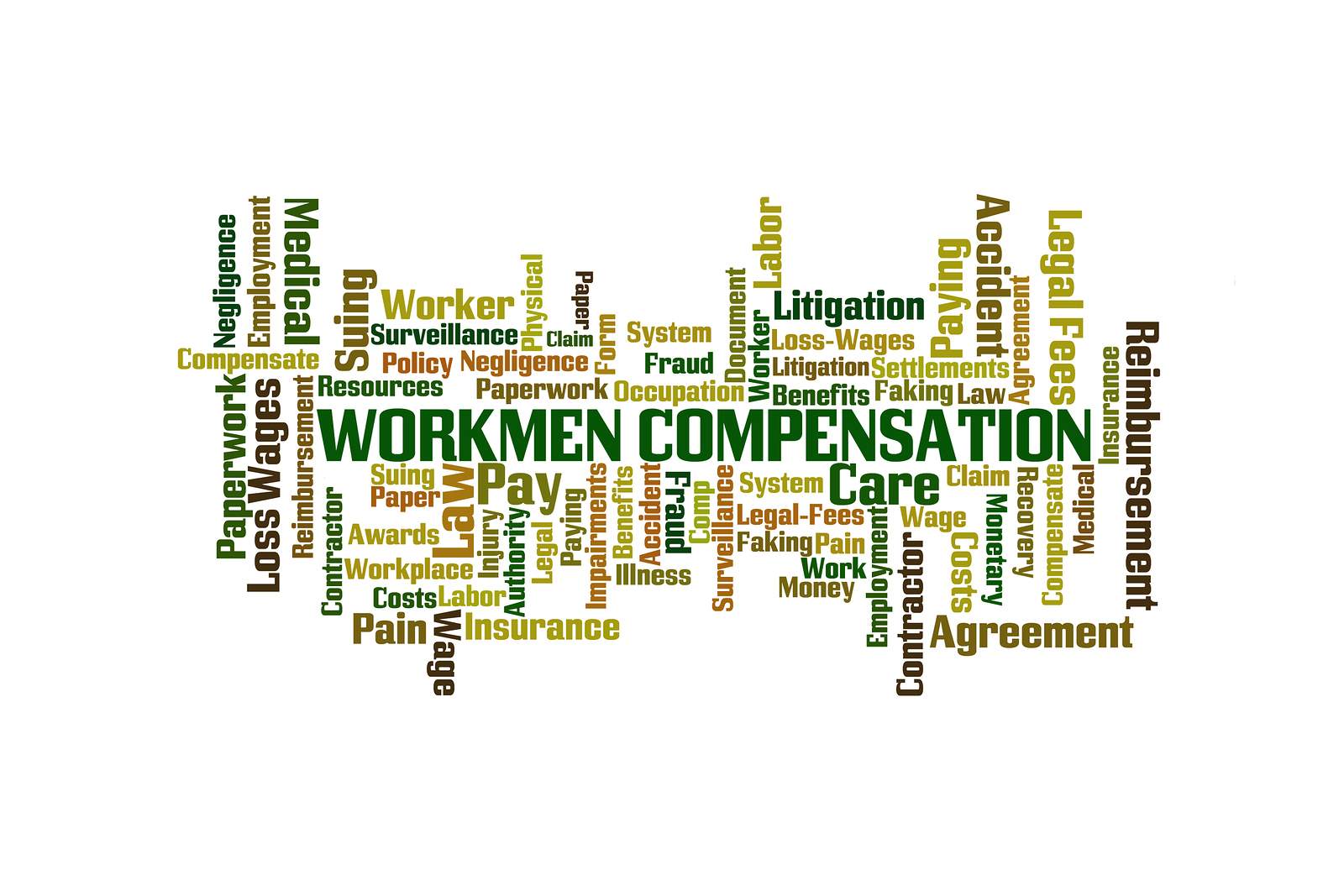- Report the accident to a manager or supervisor. Even if the accident seems insignificant, report it. Even if you’re not experiencing any pain or discomfort, report it. This is an important directive to follow in general. One that can be particularly important in regard to work accidents involving occupational exposure. If you happen to be exposed to a toxic substance on the job, report the exposure to a manager or supervisor. If your job involves routine exposure to toxic substances, chances are that you have safety gear to help avoid injury from such exposure. Even if your job involves routine exposure, report any exposure that occurs while you were not wearing your protective gear, or is otherwise out of the normal. The importance of making this report of the work accident is not so much about receiving medical treatment, as it is about making the report itself. In Florida, employees have 30 days to report any occupational accident. Although there are some exceptions, failure to report a work accident within 30 days can operate as a bar to ever receiving worker’s compensation benefits.
- Follow your employer’s instructions after your report the work accident. If your employer instructs you to go to a certain clinic, do so. If your employer instructs you to provide a post-accident drug screen, do so. Failure to comply with requests for a post – accident drug screen can operate as a complete bar to ever receiving work comp benefits. Your employer is likely to have specific policies to follow regarding the handling of work accidents. Your manager or supervisor has probably been provided with detailed instructions they’re obligated to follow once they receive a report of a work accident. Even if you are not seeking medical treatment at the time you report the incident, failure to follow instructions can make receiving work comp benefits later more difficult. You may never seek work comp benefits concerning the incident you report. You may find the need to see a doctor a week or so later as a primary concern. Put yourself in the best position you can be in with your employer and their worker’s compensation carrier by following the instructions your manager, supervisor, or human resource director gives you. You have much more to lose by not following the instructions. Following instructions simply means you are complying with your company’s work accident policies.
- Full Disclosure. A phrase to keep in mind when discussing your claim with your employer, doctors you see through the work comp system, and with the work comp carrier’s adjuster, is to, “be an open book.” Sometimes, employees injured on the job in Florida will reason that if they withhold information about a prior accident and injury, they are benefitting themselves in terms of receiving treatment for the current work related injury. Unfortunately, nothing could be further from the truth. You have a continuing obligation to be entirely open and honest during the time your work comp claims remains open. Being open includes disclosing any previous accidents and injuries.
Even accidents and injuries that were not work related, and for which you no longer receive treatment, come within the scope of your obligation to disclose such information. Further included are injuries to areas of your body separate and apart from the area you injured on the job. For example, if you sustained a left shoulder injury five years ago in a non – work related accident, and are currently receiving treatment for a work-related right knee injury, you have an obligation to disclose the five-year-old left shoulder injury. A favorite tactic to use by work comp insurance companies is to find out that you were not forthcoming. If the insurance company discovers that you were not forthcoming about a prior accident or injury, they can try and use your failure to disclose such information as grounds to deny future work comp benefits. How would the insurance company find out you did not provide a complete and accurate medical history? You can be sure that the insurance company will conduct a rather extensive, in-depth review of your medical history. Again, please keep in mind that anytime the insurance company finds that you failed to disclose a condition you received treatment for, however minor, and regardless of whether it was work related, they will use the lack of disclosure as a means of denying your receipt work comp benefits.
Insurance companies have lawyers on their side advising them from the minute your accident was reported. There is every reason to level the playing field in having your own work comp attorney to advise you in navigating the rather complex Florida work comp system. Consultations with our office are free. You can call 727-451-6900 or visit dolman.fuelm.dev for more information.
Dolman Law Group Accident Injury Lawyers, PA
800 North Belcher Road
Clearwater, FL 33765
(727) 451-6900






